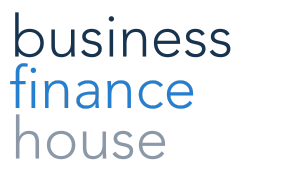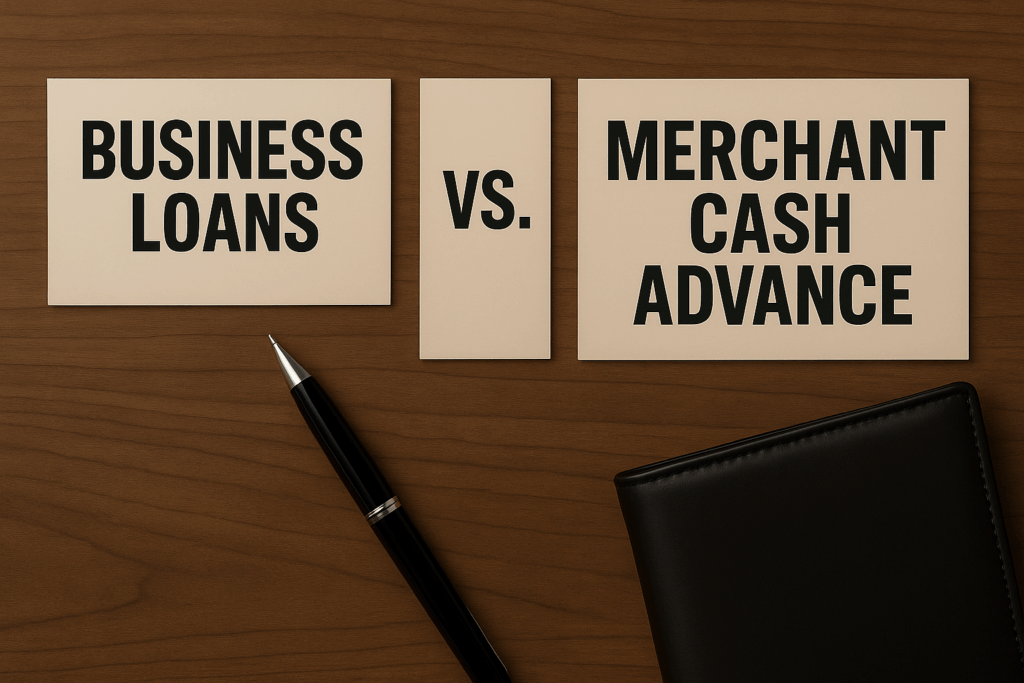A short-term small business loan can vary in how it is structured by lenders and how they might suit the businesses taking them out. ‘Short-term’ is a phrase that only describes the length of time over which a borrower pays back a loan.
Short-term small business loans come in several forms, so let’s look at the most common ones.
What are the different types of short-term small business loans?
Secured loans
A secured loan uses some form of asset as a guarantee against loss. This will be a high-value asset other than cash—which would be pointless if the borrower can’t repay their debt in the first place—such as property, vehicles, or equipment.
This combines well with the concept of short-term business loans, as it reduces the risk for lenders due to having some form of recovery in case the borrower defaults on the loan (i.e. stops making repayments). Secured loans can therefore come with more favourable terms than unsecured loans, but a business already struggling with its finances may be hesitant to risk further assets.
Unsecured short term small business loans
Unlike secured loans, an unsecured loan doesn’t involve any assets from the borrower as security. Accordingly, this type of short term small business loan have an inherently higher level of risk for lenders, which means they tend to have higher short term business loan interest rates. Lenders will also likely take an even closer look at businesses looking to borrow to gauge their performance and stability.
Although unsecured loans don’t need assets as security, they may require a personal guarantee from a director. This means that the guarantor’s personal finances will bear the responsibility if the business can’t repay its debt.
Cash flow loans
A cash flow loan can be either secured or unsecured, but is usually the latter. Cash flow loans are taken out under the prediction (or knowledge) that the business has incoming revenue in the near future that will be used to pay it back.
Cash flow loans are a type of short-term small business loan used to cover gaps in revenue resulting from seasonality or other blips in business. They’re often sought out to help a business cover its day-to-day overhead like paying salaries and purchasing stock. Being unsecured and based on the premise of future revenue, cash flow loans are high risk but can be used wisely to cover short-term gaps.
How do I choose a short-term small business loan for my business?
If you’re struggling with short-term small business loans or need to understand what kind of loan is best for you, contact Business Finance House. Our team are experts in business lending in Liverpool, Business Lending in Cheshire and Business lending nationwide. We can access our network of over 80 lenders to find you the best loan for your business.







